Corrective Jaw Surgery: Transforming Smiles and Improving Lives
- What is Corrective Jaw Surgery?
- Why Consider Corrective Jaw Surgery?
- Common Jaw Deformities That Can Be Corrected
- The Surgical Procedure: What to Expect
- Recovery and Aftercare
- Real-Life Case Studies
- Find the Best Treatment at Dentistry Toothtruth
What is Corrective Jaw Surgery?
Corrective jaw surgery, also known as orthognathic surgery, is a specialized oral surgical procedure aimed at addressing jaw deformities and misalignments. These issues can cause difficulties in chewing, speaking, breathing, and even facial aesthetics. Oral surgeons work closely with orthodontists to realign the jaw, improving both functionality and appearance.
Why Consider Corrective Jaw Surgery?
Many individuals suffer from jaw misalignment, which can lead to discomfort, difficulty in eating, and even sleep disorders such as obstructive sleep apnea. If braces alone cannot correct severe misalignments, oral surgery becomes a viable solution to restore balance and functionality to the jaw.
Common Jaw Deformities That Can Be Corrected
Jaw deformities vary from minor asymmetries to severe skeletal discrepancies. Some common conditions that require corrective jaw surgery include:
- Underbite or Overbite
- Open bite
- Facial asymmetry
- Temporomandibular joint (TMJ) disorders
- Receding or protruding lower jaw
The Surgical Procedure: What to Expect
Corrective jaw surgery is performed under general anesthesia by an experienced oral surgeon. The procedure involves precise bone repositioning, fixation using plates and screws, and sometimes bone grafting. Surgery duration varies depending on complexity, but most procedures take several hours.
Recovery and Aftercare
Post-surgical recovery is crucial for successful outcomes. Patients may experience swelling and mild discomfort for a few weeks. A soft diet is required initially, followed by gradual reintroduction of solid foods. Regular follow-ups with the surgeon ensure proper healing.
Real-Life Case Studies
Many individuals have undergone corrective jaw surgery with life-changing results. One such patient, Emily, struggled with a severe underbite that affected her speech and self-confidence. After successful orthognathic surgery, she experienced a dramatic improvement in both function and appearance, boosting her overall quality of life.
Find the Best Treatment at Dentistry Toothtruth
If you are considering oral surgery for jaw correction, expert care is essential. Dentistry Toothtruth provides top-tier orthodontic and surgical solutions. Consult with experienced professionals to explore your treatment options and achieve a healthier, more confident smile.

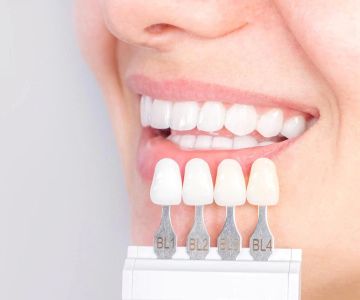


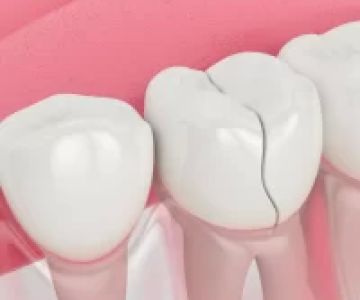
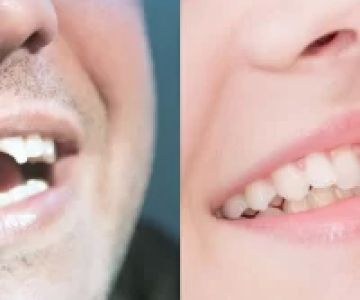
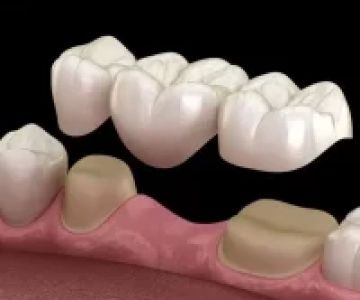
 WinningSmiles Custom Dentistry & Implant Center
WinningSmiles Custom Dentistry & Implant Center Crossroads Pediatric Dentistry
Crossroads Pediatric Dentistry Corona Hills Modern Dentistry and Orthodontics
Corona Hills Modern Dentistry and Orthodontics Ernstberger Orthodontics
Ernstberger Orthodontics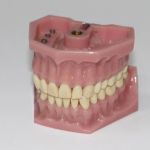 Emergency Dental Help
Emergency Dental Help Shawn O'Berry DDS
Shawn O'Berry DDS The Importance of Oral Health Education During Pregnancy for a Healthy Pregnancy
The Importance of Oral Health Education During Pregnancy for a Healthy Pregnancy Why Skipping Dental Checkups Can Lead to Bigger Oral Health Problems
Why Skipping Dental Checkups Can Lead to Bigger Oral Health Problems Advantages of Porcelain Dental Restorations
Advantages of Porcelain Dental Restorations Best Tips for Brushing Your Teeth Properly for Healthy Gums: Essential Techniques for Oral Health
Best Tips for Brushing Your Teeth Properly for Healthy Gums: Essential Techniques for Oral Health How Can Diabetes Cause Tooth and Gum Problems? Preventing and Managing Oral Health Issues
How Can Diabetes Cause Tooth and Gum Problems? Preventing and Managing Oral Health Issues Healthy Habits for Promoting Good Oral Health and Hygiene: Tips for a Healthy Smile
Healthy Habits for Promoting Good Oral Health and Hygiene: Tips for a Healthy Smile